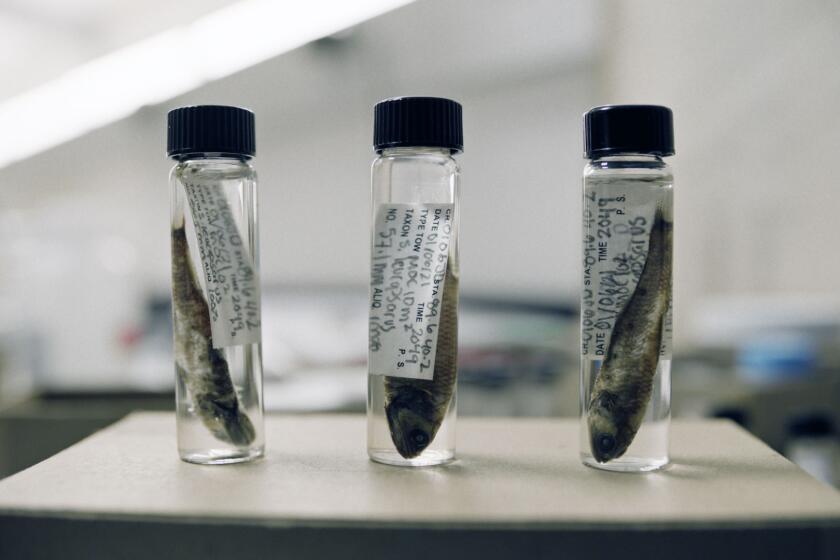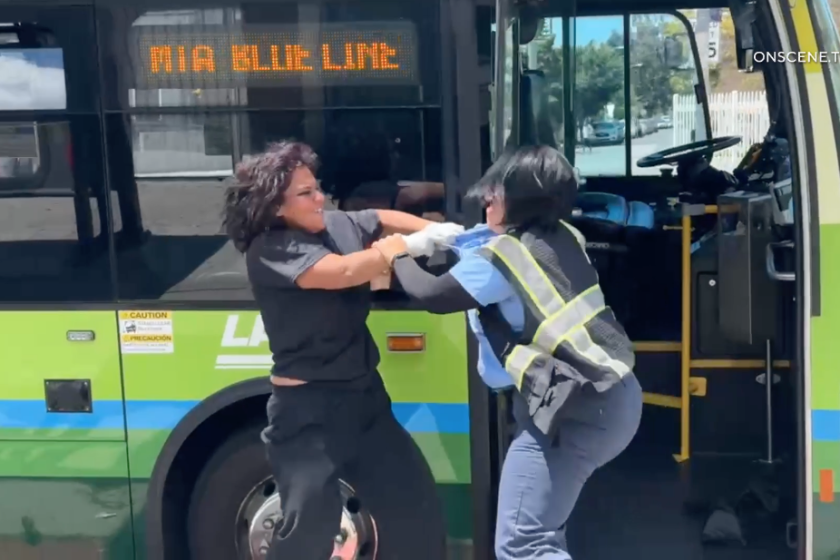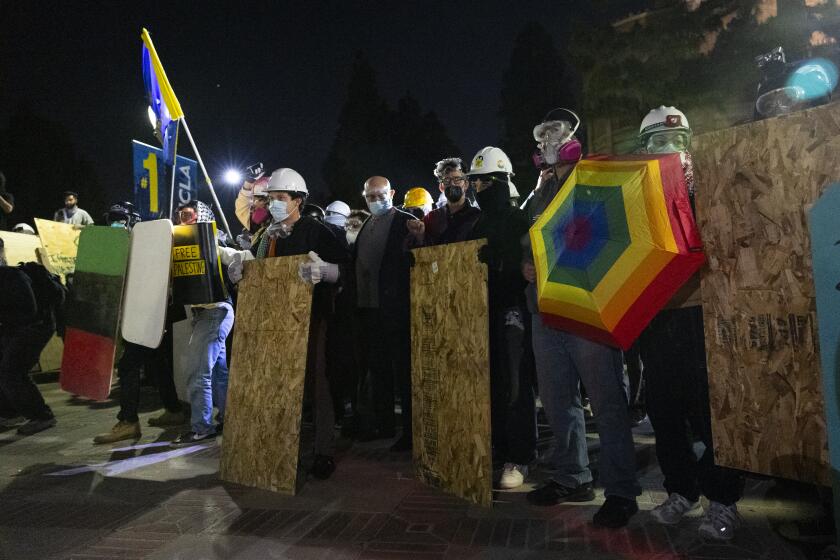State, L.A. County set to overhaul nursing home oversight procedure
Los Angeles County and state officials are preparing to realign nursing home inspection and oversight duties as part of a drive to better manage a chronic backlog of investigations into complaints of abuse and neglect.
But some patient advocates say the proposed changes aren’t likely to significantly improve conditions, and could make matters worse.
Gov. Jerry Brown’s proposed budget would boost county funding to address problems in enforcement programs for nursing homes and other specialized healthcare facilities, such as hospice centers and acute care hospitals. The proposal also would limit county responsibilities for policing those operations, possibly to annual inspections and the most serious cases affecting patient welfare.
L.A. is the only county in the state that is contracted to conduct yearly inspections of the homes and hospitals, as well as investigations of complaints of mistreatment, inadequate care and other violations of state regulations. In every other county, state employees handle those tasks.
Both the state and county enforcement programs have been plagued by delays. In Los Angeles County, there are more than 10,000 open complaints and incidents self-reported by facilities. Of those cases, 2,700 have been open for more than two years.
A county audit last year also found some complaints were closed without a full investigation. In other instances, citations by inspectors were downgraded by supervisors.
Some patient advocates are worried that the proposed shift of duties will be mismanaged and the elderly and disabled cared for in such facilities could suffer.
“There’s a potential to miss a lot if you don’t have some continuity of the inspection process,” said Molly Davies, vice president of Elder Abuse Prevention and Ombudsman Services at Wise & Healthy Aging.
Los Angeles County officials say the state hasn’t provided the money required to conduct investigations quickly and properly. The county receives $26.9 million a year for the current inspection and investigation program. To properly carry out all the enforcement requirements, county officials say they would need twice that amount and an additional 150 employees.
“We have been chronically underfunded for quite some time,” Los Angeles County’s interim public health director, Cynthia Harding, said. “At the end of the day, we do not want to be held accountable for work we cannot do.”
The new division of duties between the state and county is still being worked out, Harding said. But county officials hope the new arrangement — and added money — will lead to better protection for the most vulnerable patients. However, Harding noted, it could take at least a year to hire and train additional staff.
Michael Connors, an advocate with the California Advocates for Nursing Home Reform, said the state “has been equally negligent in investigating nursing home complaints.”
Connors said his organization is awaiting the final plan so it can evaluate the reorganization. But he said, “We are very concerned that no one will respond in a timely and appropriate manner when nursing home residents in Los Angeles County are neglected and abused.”
Stephen M. Garcia, an attorney who specializes in elder abuse cases, said both agencies do such a poor job that any change in responsibilities “will have absolutely no effect.”
“We might as well blow it up, keep the money and give it to something good like a children’s food program,” he said.
A spokesman for the California Department of Public Health declined to comment on the contract talks. Whatever the outcome, he said, the agency will continue to conduct activities needed to maintain the quality of care in nursing and other care facilities. Failure to do so could lead to federal sanctions.
Despite local officials’ claims of being underfunded, L.A. County has sometimes returned unspent money to the state. In the 2012 and 2013 fiscal years, the county returned a total of more than $5 million. County public health spokesman Bernard Tolliver said part of the issue is an accounting matter: the county pays higher salaries and benefits than the state will fund. The amount of money expected to be returned to the state this year has been reduced to $200,000, he said.
More to Read
Start your day right
Sign up for Essential California for news, features and recommendations from the L.A. Times and beyond in your inbox six days a week.
You may occasionally receive promotional content from the Los Angeles Times.







